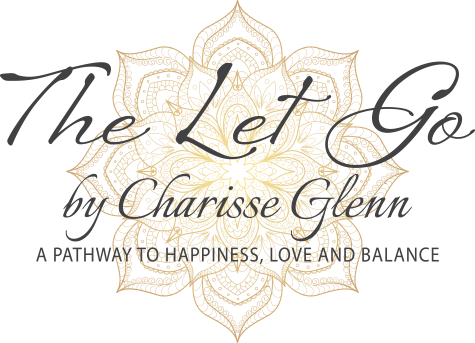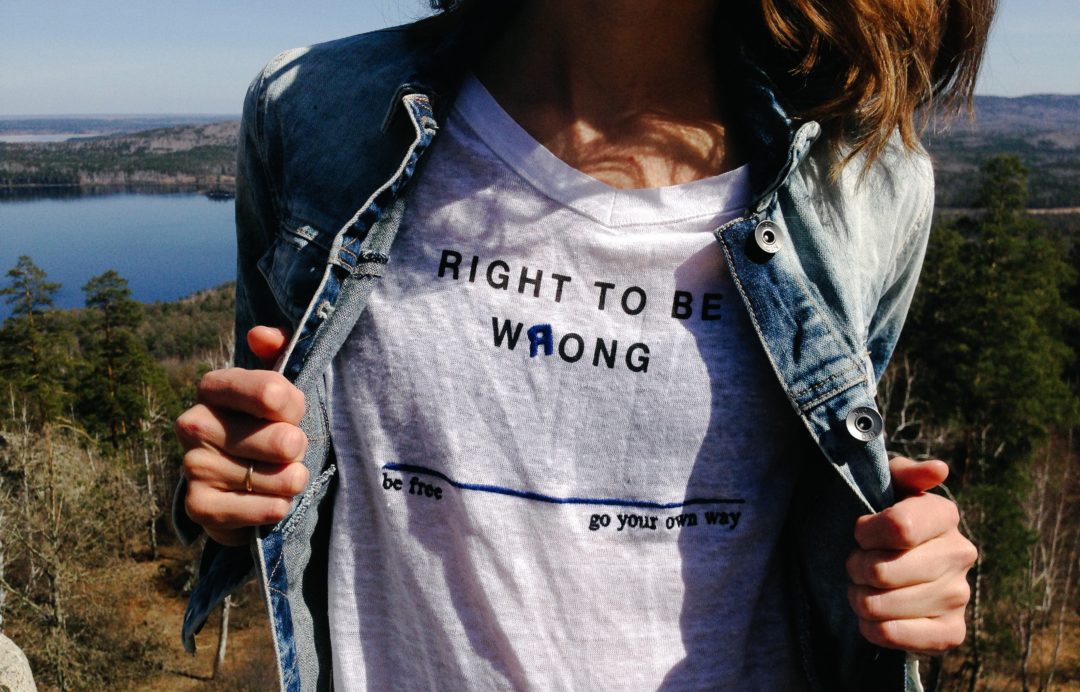Most of the population walk with unhealed wounds, carrying these pains, even though we have long forgotten where they came from. They could have begun in early childhood or arrived with unexpected life changes or crises as adults. Through this lens of experience, we navigate our lives.
These emotional and physical traumas are buried within our subconscious minds; without knowing why, they can leave us feeling helpless, powerless, and overwhelmed in present-day situations. Although they are never erased, their effects can be lessened.
We keep alive whatever we put our attention on. A wound cannot heal if we continuously agitate it, picking at the scab. So each time we retell the story of hurt, give blame, fall victim, or become angry, we keep these wounds festering.
That is why the more significant influence wielded by the trauma is not in the actual event but in the longevity and prolonged attachment we have to it. If we want to move on with our lives, we must learn to let go of what is unchangeable.
We can not release the pain we have been bearing if we don’t realize we are holding onto it. Likewise, we cannot heal an emotional wound if we resist acknowledging its existence.
How do we heal from the past?
Some never recover their emotional equilibrium from past trauma, yet many do.
While working with a therapist who is a good fit for your personality can facilitate your ability to uncover emotional traumas, one can start on their own.
Practice first identifying the cause of the pain. Then, with honest eyes, look at the people and situations that trigger you. Take notes; it helps to write down the circumstances. Doing so will assist in seeing patterns.
Start slowly, beginning with small steps. So often, with the excitement of healing, we become overzealous, thus making too many changes. We cannot put a timeline for recovery; just as we need to rest after exertion, we must allow our emotional bodies to take their time to heal.
The past no longer exists; it lives only in mind. But unfortunately, we hold on to the trauma with our memories. The brilliant part is that we can let it all go.
If we adjust our mindset to the present moment, the opportunities for transformation are available to us with a change in perspective. A positive mental state is created when we allow ourselves to shift from the old programming resulting from the trauma and into the desire for a balanced and healed life.
So, once we get the root reason for our trigger points, we must immerse ourselves in it, look around at the circumstance, and then allow ourselves to release it.
This release comes through choosing to react differently, thus transforming the situation. For instance, if you were once the victim, you can now choose to move forward as a survivor. Likewise, if you once shielded yourself from emotional intimacy, you can now allow yourself to be vulnerable; altering your point of view can see vulnerability as a strength instead of a weakness.
Healing can only occur in the present. Hence mindfulness is essential to recovery from the past. Drudging up the traumas will only keep the pain alive, so by living in the present moment and aligning with the power of being in the now, we can begin to lessen the reactiveness of the past.
Enhancing our lives doesn’t mean needing to be 100% healed. Any step forward leads us to a life of less suffering. Improving our lives is not an all-or-nothing situation. Each step we take towards healing is a step towards recovery. Triaging the events in our lives makes room for what we want.
Some wounds take a significant time to heal fully, and others seem to vanish once the choice to let go of the hurt is made. Regardless of the timeframe, we must remember to be kind to ourselves and know that it will take time to recover from the emotional and spiritual wounds. Be patient, encouraging, and tenacious on this life journey, and one day, we will realize those wounds we once walked around with are no longer there.
As I walked out the door toward the gate that would lead to my freedom, I knew if I didn’t leave my bitterness and hatred behind, I’d still be in prison.





